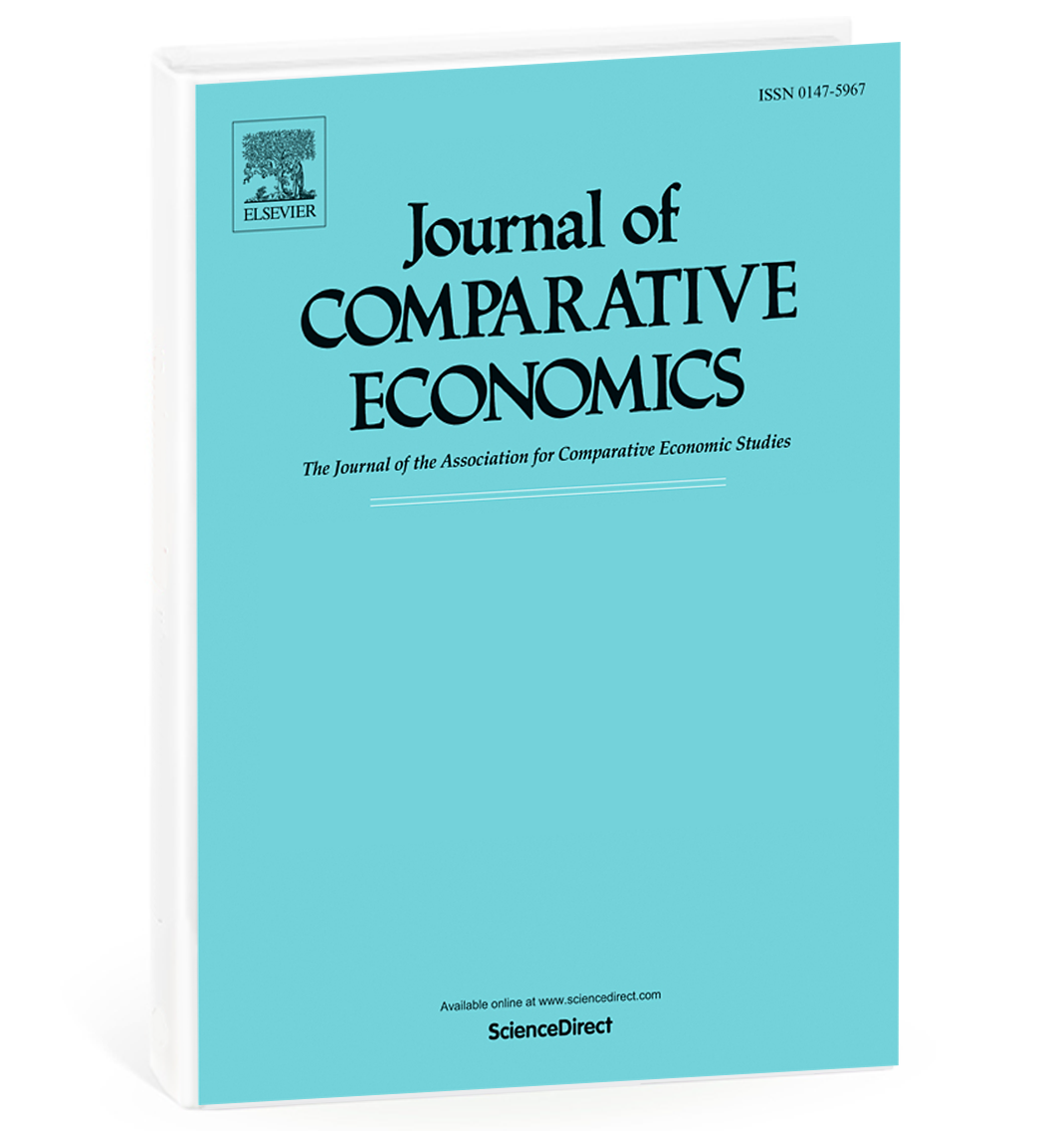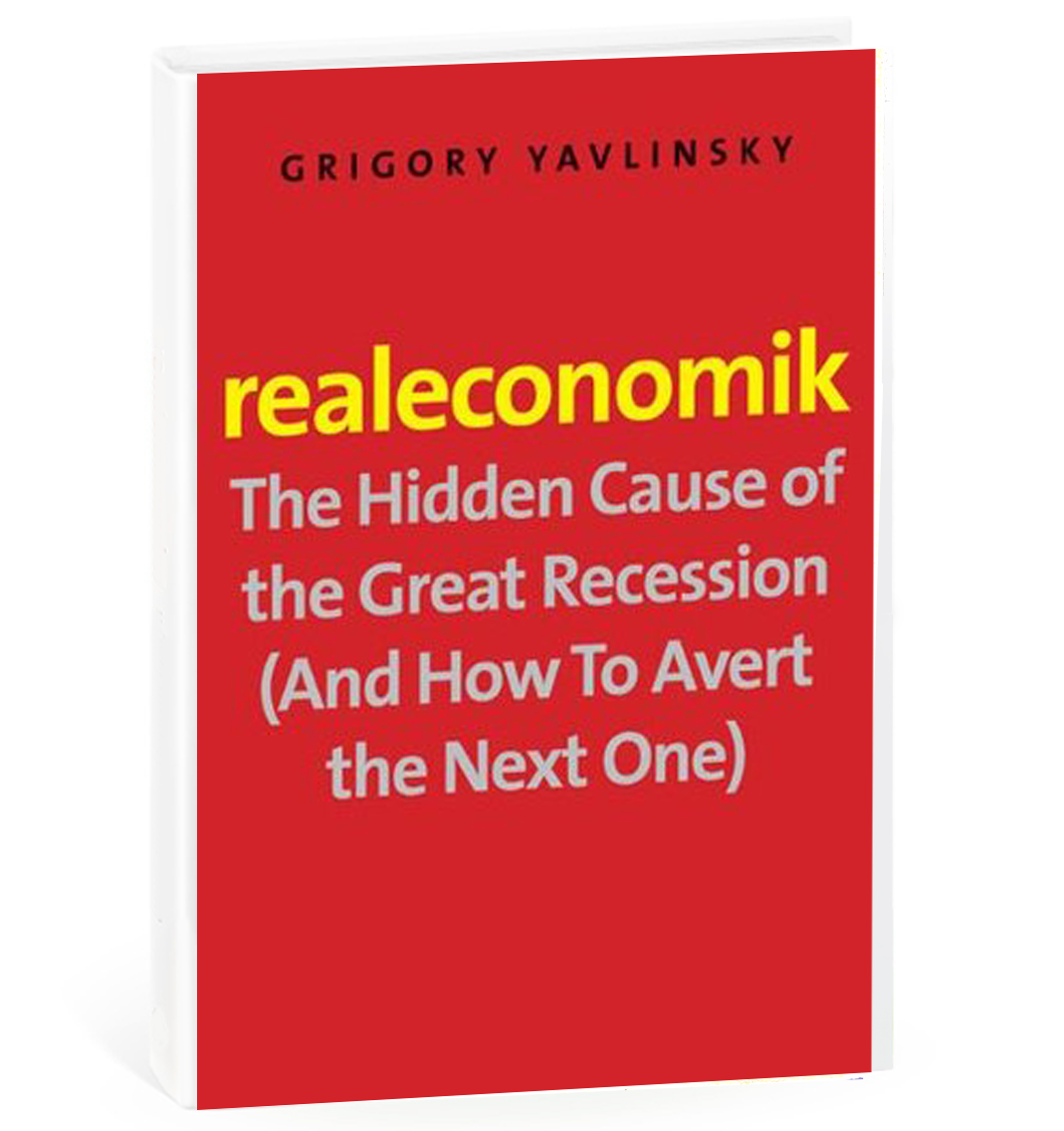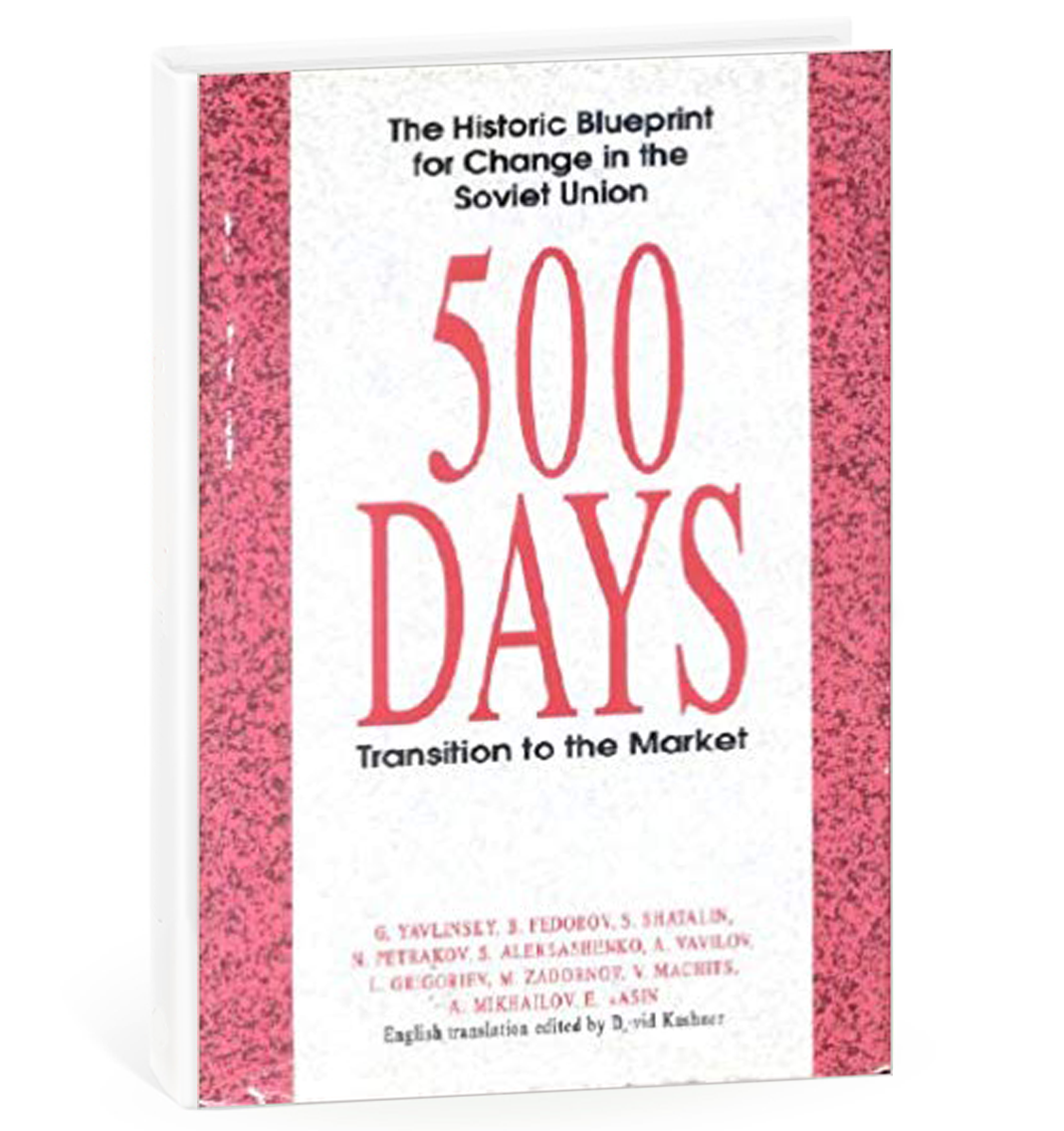-
POSITION
MOREThe War
For Russia the war with Ukraine is akin to a self-imposed nuclear strike
— View moreEastern UkraineThe end of the war and ensuring the security of Donbass residents – will be the real path to the peace.
— View moreCrimeaThere must be a legitimate referendum on the future of Crimea under strict international control.
— View moreSyriaRussian military intervention in the Syrian Civil War was a glaring mistake. Taking part in the domestic fight between Sunnis and Shiites is the immediate threat to Russian citizens' security.
— View moreEconomic reforms in the 1990sEconomic reforms in Russia in the 1990s built the base for the Putin system where the authorities, property and business have been merged together.
— View more - ARTICLES
- BOOKS
- ABOUT YAVLINSKY
- CEASEFIRE











